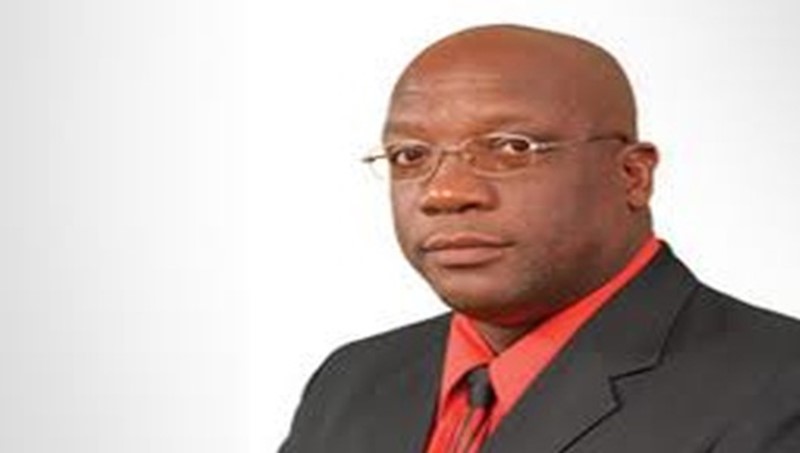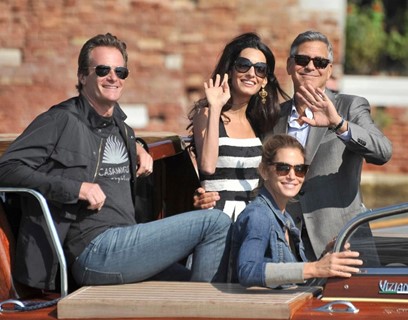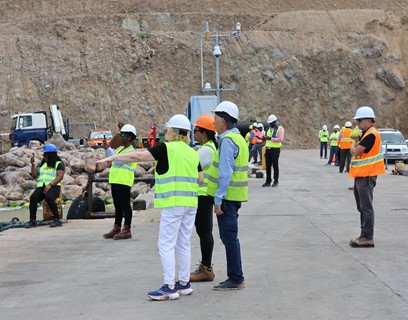
Last week, the opposition Team Unity coalition ousted the Labour party in St. Kitts and Nevis’ parliamentary election after 20 years in power. In an email interview, Wouter Veenendaal, a postdoctoral researcher at the Royal Netherlands Institute of Southeast Asian and Caribbean Studies, discussed domestic politics in St. Kitts and Nevis.
WPR: What led to the success of the Team Unity coalition over the long-ruling Labour Party in recent election?
Wouter Veenendaal: The election victory of Team Unity can be explained by a number of factors. First, the Labour Party and its leader Denzil Douglas ruled St. Kitts and Nevis for 20 years, and Douglas was the longest-serving prime minister in the Americas. Based on the typical dynamics of the country’s Westminster political system, a change of leadership could be expected: In Westminster systems, power commonly alternates between the largest political factions, and Team Unity recently became the largest political force in the Caribbean nation.
Other factors might further explain the election victory of Team Unity. The newly elected prime minister of St. Kitts and Nevis, Timothy Harris, was a long-standing political ally of Douglas and a minister in the Labour government. In 2013, a conflict within the Labour Party eventually resulted in the resignation of Harris and the minister for foreign affairs, Sam Condor, who subsequently formed their own party, the People’s Labour Party (PLP). This new party, which was supported by a significant number of former Labour Party constituents, then formed a political alliance with the People’s Action Movement (PAM) in St. Kitts and the Concerned Citizens’ Movement (CCM) in Nevis. The Team Unity which emerged from this alliance is a rainbow coalition of PAM-supporters, disgruntled Labour voters and the Nevisian CCM, which has long advocated for political secession and independence of Nevis from St. Kitts. Together, these three factions succeeded in defeating the Labour Party.
WPR: What are newly elected Prime Minister Timothy Harris’ priorities, and how are they different from those of the Labour Party?
Veenendaal: This is quite hard to say, because in a small island country like St. Kitts and Nevis, politics usually focuses more on personalities and the relationship between individual politicians than on social ideologies and substantive policies. The newly installed Team Unity government vowed to decrease the strong political divisions that have characterized Kittitian-Nevisian politics for decades, but the Labour Party instantly accused the new government of victimizing and dismissing civil servants appointed during the previous administration.
In my opinion, the most interesting feature of the new government is that it is a coalition between parties from two islands that historically have had a strongly antagonistic relationship. During a referendum in 1998, a wide majority of Nevisians voted in favor of Nevisian independence from St. Kitts. However, on Feb. 3 this year, a symbolic Treaty of National Unity was signed between the three parties that make up Team Unity, and this treaty vowed to end the political resentment between the islands and promised to work on a new future for the federation. It will be very interesting to see if this aim of the new government can indeed be realized.
WPR: What effect is the new government likely to have on regional relations and foreign policy?
Veenendaal: Not much, I would say. As a small island country, St. Kitts and Nevis remains strongly dependent on larger world powers, and the United States in particular. The country cooperates closely with other small island nations in the region through the Organization of Eastern Caribbean States, and I think these and other foreign policies will not be altered by the new government.


